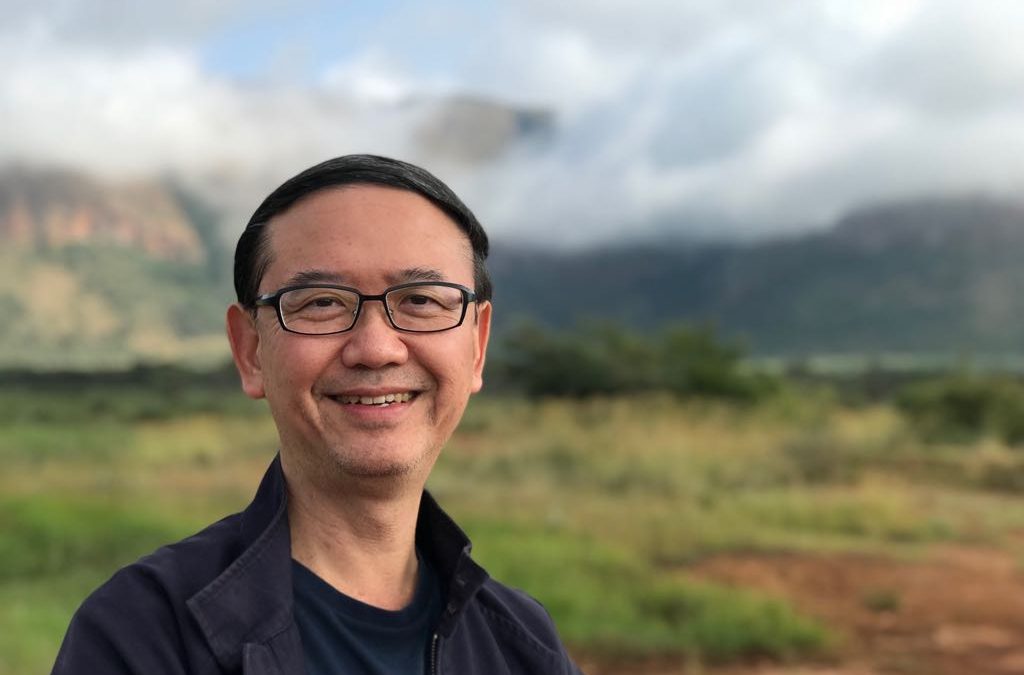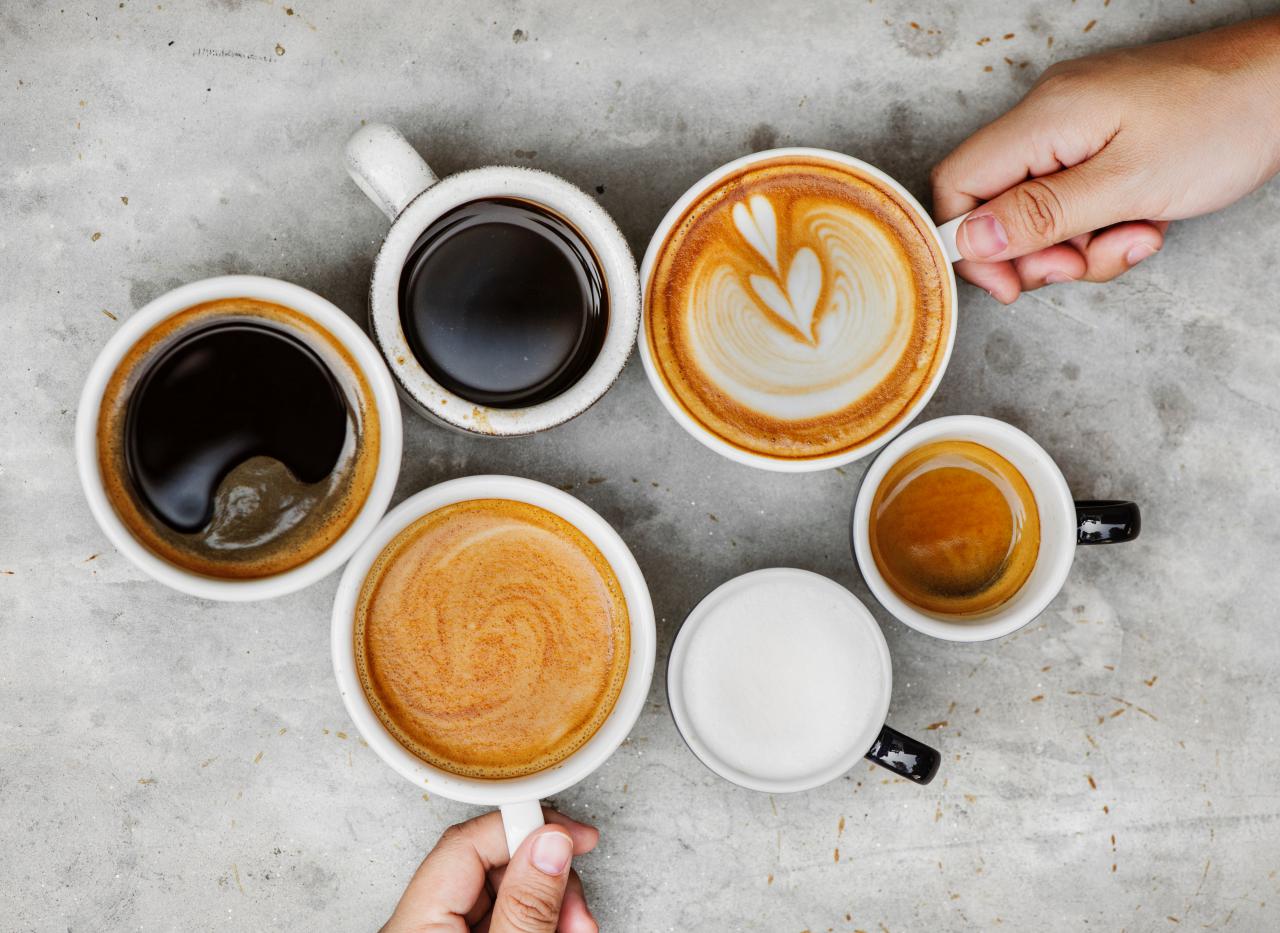Dr Goh Wei Leong is a general practitioner who co-founded and chairs HealthServe, an NGO and charity that reaches out to the under-served communities of foreign workers in Singapore. HealthServe offers basic medical, dental, counselling, social and legal advisory services as well as a free meal program. Over the years, they have developed partnerships with regulatory authorities, agencies, schools and corporate organisations to initiate public health awareness, research projects and social enterprises.
Dr Goh is also one of the founders of Linking Hands, a platform that establishes a membership database of voluntary medical professional healthcare workers, and partners them with international healthcare and humanitarian agencies.
For his contribution to humanitarian work and social service, Dr Goh was awarded the Healthcare Humanity Awards in 2015 and SMA Merit Award in 2018. Together, HealthServe and Dr Goh were awarded The Straits Times Singaporean of the Year in 2017. Organised by The Straits Times and sponsored by UBS Singapore, the award honours Singaporeans who have put the country on the world map, persevered through incredible adversity or made the community a better place through selfless acts.
Dr Goh keeps a regular rhythm of rest, reflection and work. He also thoroughly enjoys engaging millennials over a good cappuccino (without sugar!) – which TMC had the opportunity to do so, right at the heart of Geylang where HealthServe lies.

How everything began:
Dr Goh had purchased himself a second-hand Maserati and a membership at the Singapore Island Country Club (SICC). He lived a comfortable life before it all transformed when he joined a friend on a humanitarian trip to Mongolia in 1995 and realized there was a different world and life out there. Things took another meaningful shift in 1999 when he went to the Indian state of Odisha after a Super Cyclone struck in October. “I had to amputate, without anaesthetic, the broken and dangling finger of a little boy. I saw utter destruction and the images still haunt me. People who had nothing had even less!”. Dr Goh felt then that there was a disconnect and found far more interesting things to do by then. This experience was also one of the building blocks in the story of his own life.
On being mentored or being a mentor:
I feel mentors generally ask me the right questions. The best mentors I have do not really provide me with the answers, as much as I would like to have some. Hence, I have to figure them out myself. They are there to allow me to discover things for myself and not clip my wings! Mentorship is also about doing life together and sharing life experiences. I think it goes both ways. Learning part is most important for me. I just met my ex-intern for lunch today and he gave me very incredible ideas for HealthServe – ideas which I would never have thought of! Therefore, mentoring is always a learning lesson for me while helping my mentee to get to where he wants to be.
We need to know that we are always being shaped by others. The mentor is shaped by the mentee, and vice-versa. Ultimately, it is about creating a community with inter-dependency. Life is never linear; it is more of a matrix. Real mentoring happens when we can touch the various facets of life of a mentee in a more dynamic sense. Additionally, I hold mentoring circles at the clinic every Tuesday with my interns to talk about anything under the sun and how we can essentially learn from each other.
What are some of the values which you hold true to yourself:
Joy and Passion in life is important! Finding joy in the little things makes a huge difference especially in Singapore where we are complaining about the level of stress in our lives every single day! If we can tease out the little nuggets of joy, life will be a lot better. But we need to make a conscious effort to look for it, and that will help you grow into a more reflective person.

The most impactful person in your life:
Dr Tan Lai Yong has been very instrumental in my life and provides me with alternative views. He likes to challenge the norms and provides unconventional ideas every time I approach him. This has also helped me to become a more critical thinker and adopt his traits along the way. I think we all need someone like this in our lives too.
How do you inspire others to follow your footsteps:
Relationships are important. Meeting someone over a casual cup for coffee is different from being assigned to a mentee. The journey will be inherently different. We must build stronger relationships to help mentors discover their mentees on a deeper level. On a larger scale, we need to build a more relational society, rather than have everything based on contractual terms. There is a difference between doing things because you are bounded by a contract, versus being bounded by a friendship or a relationship. For example, a marriage is covenantal relationship – an agreement based on mutual trust and respect, not bounded by a contract.

How do you think we can help Singapore progress into a society which is more relational than transactional:
I think the online space is one avenue which people are talking about. In general, people need to be more relaxed and not be too hung up about unnecessary matters – such as the train being late etcetera. A transactional society can be attributed to the free market consumerism ideology. In a relational society, we must be more event-orientated rather than time-orientated. For example, having a chat with you today is the main thing, regardless of what time of the day it is being conducted. However, because “time is money” for Singaporeans, we are very picky and always tight for time and this realistically cannot happen. Therefore, it is about finding an in-between. To do so, we must fundamentally reframe the way we look at life, work and friendships. Mentoring will be that platform that can reframe everything and to seek a balance between being relational and transactional. Ultimately, we need both sides to work but the overall framing should be more relational.
What can be done to reduce the problem of inequitable societies:
Teo You Yenn wrote a book about “What Inequality looks like” and I do resonate with some of her points. However, I think one relatable and realistic aspect is to relook the way we do admissions for universities – to look beyond their grades and CVs. Last year, I had an extremely bright student whose father is a hawker assistant while his mother is unemployed. His family of 5 lived in a one-room rental flat. He aced his “A” Level, topped his entire JC cohort, and wanted to study Medicine. However, he did not manage to even secure an interview due zero CCA record as he needed to work after school to support himself and his parents.
On the other hand, some of my friends’ children are being chauffeured around to attend CCAs. I do not begrudge them as every parent wants the best for their own kids. However, what if we reserve around 20% of the space in universities for students from low-income families or dysfunctional families for the interviews? It is more about being equitable rather than striving for equality. If the cut off is only the CV, these students will never land the opportunity to enter the university, despite possessing much stronger characters! We need to give these students the first push and put everyone on equal footing at the first gate.

How can we build a more inclusive society:
I think volunteerism is one. But we need to reframe the narrative of volunteerism. It is not about helping someone who is lower than you, but more of a mutual learning process. We are always there to learn from people who have more to give, albeit in a different way. It is a mutual exchange and there exist a co-dependence. It is about receiving and giving too. The volunteers need to learn how to receive rather than give. Also, we need to be realistic as well. Short-term volunteerism is counter-effective but we applaud it too much – painting the walls for one to two weeks will not change their lives totally, compared to moving in to a neighborhood with a different standard level of living for weeks or months. One initiative which I am thinking of currently is to organize medical mission trips to third world countries and learn from their culture. Therefore, we need to challenge and relook the current CSP models and reflect on how we can create more impact yet remain ethical simultaneously. We will definitely learn much more this way.
His one leadership advice to undergraduates:
Be prepared to learn. It is always work in progress. I always believe that leaders are always shaped by others around them and we are always co-leaders in many ways. The important concept of Ubuntu has continuously shaped me – “I am because we are”. A person with Ubuntu is open and available to others, affirming of others, does not feel threatened that others are able and good, based from a proper self-assurance that comes from knowing that he or she belongs in a greater whole. This has helped me to articulate and crystalize whatever we have been doing at HealthServe since the beginning. For example, The Straits Times Singaporean of the Year Award I received in 2017 was due to the hard work of my doctors, volunteers, interns, and the migrant workers. They have shaped us in many ways and I received it on behalf of them. There is no way I could do it by myself! It is something shared by the community rather than something I own. Furthermore, we must also be attentive to those around us. Attentive presence and being reflective is very important but Singaporeans are not very reflective unfortunately.



Recent Comments